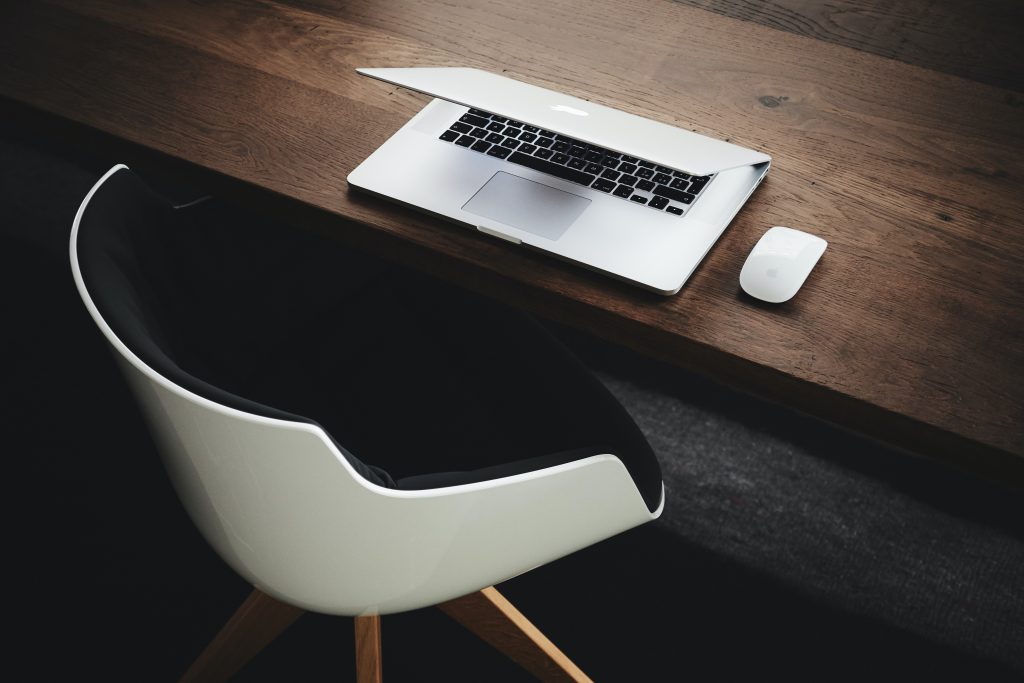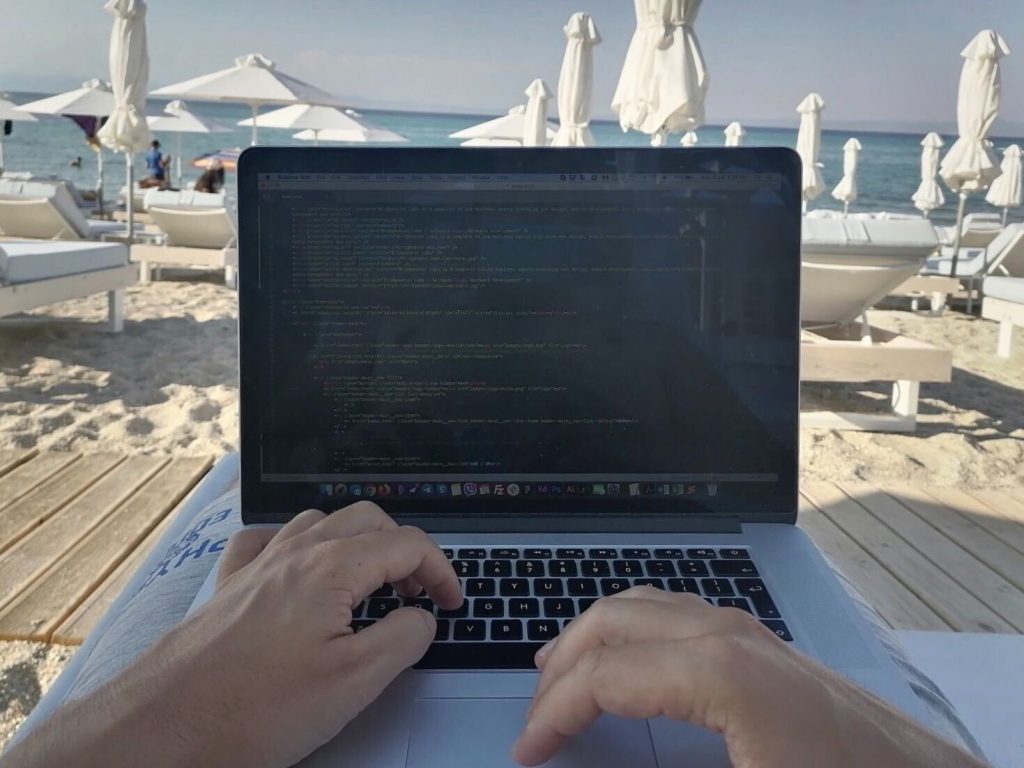
Burnout is a gradual process and the pandemic kick-started it for some while speeding it up for many others. Described as an occupational phenomenon, WHO states: “Burn-out is a syndrome conceptualized as resulting from chronic workplace stress that has not been successfully managed. It is characterized by three dimensions: feelings of energy depletion or exhaustion; increased mental distance from one’s job, or feelings of negativism or cynicism related to one’s job; and reduced professional efficacy.”
With the Covid_19 disruption of our lives, work and routines, we’ve been trying to make things work and deliver where expected: at home and at work. While the lines dividing our work and home time have blurred, we still have vacations as our true downtime. The mighty break from work. Burnout preventer extraordinaire.
How well do we manage to prevent burnout when upluging from work?
An American software company decided to conduct a survey to check how vacation is being used, and the impact it has on the workforce and the companies. One-third of the poll decided to go for a 7-10 days vacation. Another 30% opted for shorter 3-5 days long vacations. However, what most of them said is that they continue to work in one capacity or another while on a holiday, be it to reply to superior’s emails or manage the team and projects. Some just check their emails to forward time-sensitive messages.
Vacation means taking some time off, relaxing, and recharging. Being able to set some time for doing whatever we feel like, or have planned, is essential for our well-being. So, why can’t we disconnect from work while on a holiday?

In this time and age when going the extra mile, giving your 120%, working late and while on holiday is being glorified – it’s no wonder we feel we cannot fully unplug from work. As long as we value quantity over quality of the work we’ve delivered we’re bound to overwork ourselves just to keep up. What’s inevitable is the stress that is going to result in burnout. For the employees, this translates into long sick leaves and quite possibly real health issues. For the companies, this means an unproductive workforce, if they don’t quit first.
Plenty of articles online offer an abundance of tips on how to go about it, but the emphasis seems to be on the employee, without grasping the complexity of the phenomena, and completely taking companies and their organizational policies out of the equation.
There can be no high-quality recharge of the staff without a supportive company culture, adequate paid time off, fairness, and trust, all of them part of the effective work-life policies companies nurture.
Company-backed tips for the mighty unplug
1. Plan Ahead
You might think you are doing this, but the question is: who’s on board with it in your company?
- Put it in your calendar and share it with your colleagues as early as possible.
- Try completing all the tasks due while on a holiday – before signing off.
- Arrange for a colleague to take over for you while you’re away and define “emergency” if you must be contacted.
2. Away message
Utilize the power of the automatic reply for your work email, and turn off the notifications. If you can’t help yourself checking the mail, at least minimize the distractions.
3. Take shorter, but more frequent holidays at first
If you find it hard to let go and the work doesn’t allow for long absences – try getting off the work grid for shorter periods at first, at least up until your colleagues and yourself do not break the habit of being available all the time. And make sure those days off are completely work-free.

4. Get the HR or your Team Lead on board with this plan and all the steps
It might be an overwhelming experience at first, so reach out to your colleagues in charge to help you make this work for everyone.
It’s in everyone’s best interest to enable you to truly rest, relax and recharge. You need this. Your family and friends need you to have this. Your colleagues need you to have this.
Remember, you can’t pour from an empty cup.
Jelena U. Bogunović